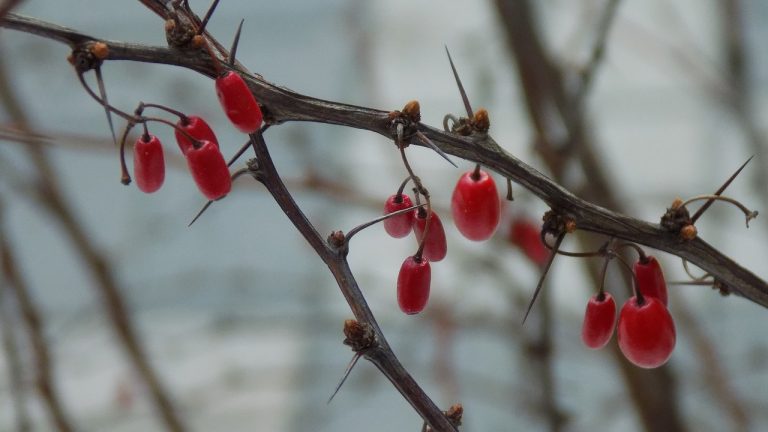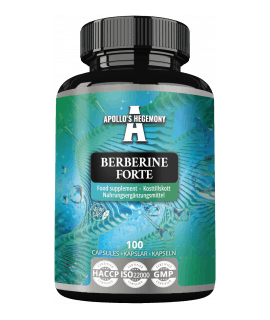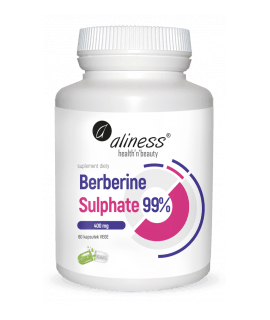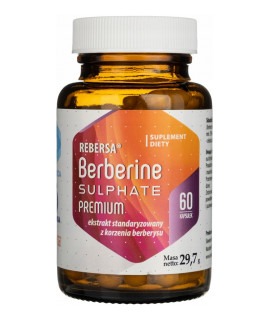Barberry (B. vulgaris) is a plant widely used in herbal medicine for millennia. The main chemical compound that determines the effect of barberry is berberine - an alkaloid with a strong anti-inflammatory, anti-bacterial and hypoglycaemic activity.
Berberine for skin
As it turns out, berberine is also helpful in numerous dermatological problems. In animal studies, the effect of berberine on reducing the secretion of sebaceous glands has been proved. Such results of the experiment gave the researchers another subject of research - the effectiveness of berberine in relieving the symptoms of the most common skin disease in adolescence - acne.
Acne vulgaris is an inflammatory disease characterized by excessive production of sebum by the sebaceous glands. The factors that cause acne include, above all, increased production of sebum, keratosis of the tracts of pilosebaceous units, excessive multiplication of Propionibacterium acnes and endocrine disorders. Juvenile acne is a typical skin disease of children and adolescents, but increasingly this problem affects adults and can be a huge source of complexes.
Pharmacological therapy of acne depends on the severity of its symptoms. In the mild form of acne, retinoids, keratolytic agents and antibiotics are used on the surface. In turn, severe acne requires oral use of antibiotics, hormonal drugs or the most effective isotretinoin. Oral use of pharmacological agents is associated with numerous, and in the case of isotretinoin, also very serious side effects of the drug, so if possible, it’s worth paying attention to natural aids supporting acne therapy.
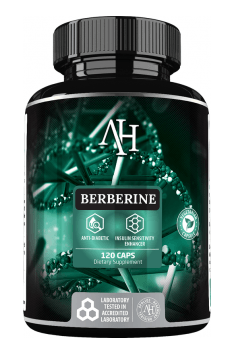
Study review
A study was carried out to assess the effect of an oral barberry extract on acne vulgaris. The experiment was attended by adolescents aged 12-17 with moderate to severe acne severity. Participants of the study were randomly divided into two groups with a comparable degree of symptom severity - an experimental group, taking 600 mg of extract for 4 weeks, and a control group receiving placebo.
The amount of inflammatory and non-inflammatory changes on the skin and the total amount of acne lesions at the beginning of the experiment and after 2 and 4 weeks were measured.
After 4 weeks, the group taking the barberry extract observed a significant decrease (median approx. 45%) of acne severity, expressed in the above-mentioned parameters. Barberry extract was well tolerated by the participants of the study. There were no complications or side effects associated with the regular and long-term use of the extract.
Summary
The conclusions of this study indicate that berberine, the main active substance present in the barberry extract, is a safe, effective means of supporting the fight against moderate to severe acne vulgaris, especially in adolescents. In addition, berberine contributes to the acceleration of healing acne scars and preventing the development of acne lesions in the future.
What dose of berberine is effective in the fight against acne? You should take 500 - 1000 mg of berberine daily with a meal. If acne is caused by polycystic ovary syndrome (PCOS), it’s best to take 500 mg of the substance three times a day.
https://www.ncbi.nlm.nih.gov/pubmed/23038982
